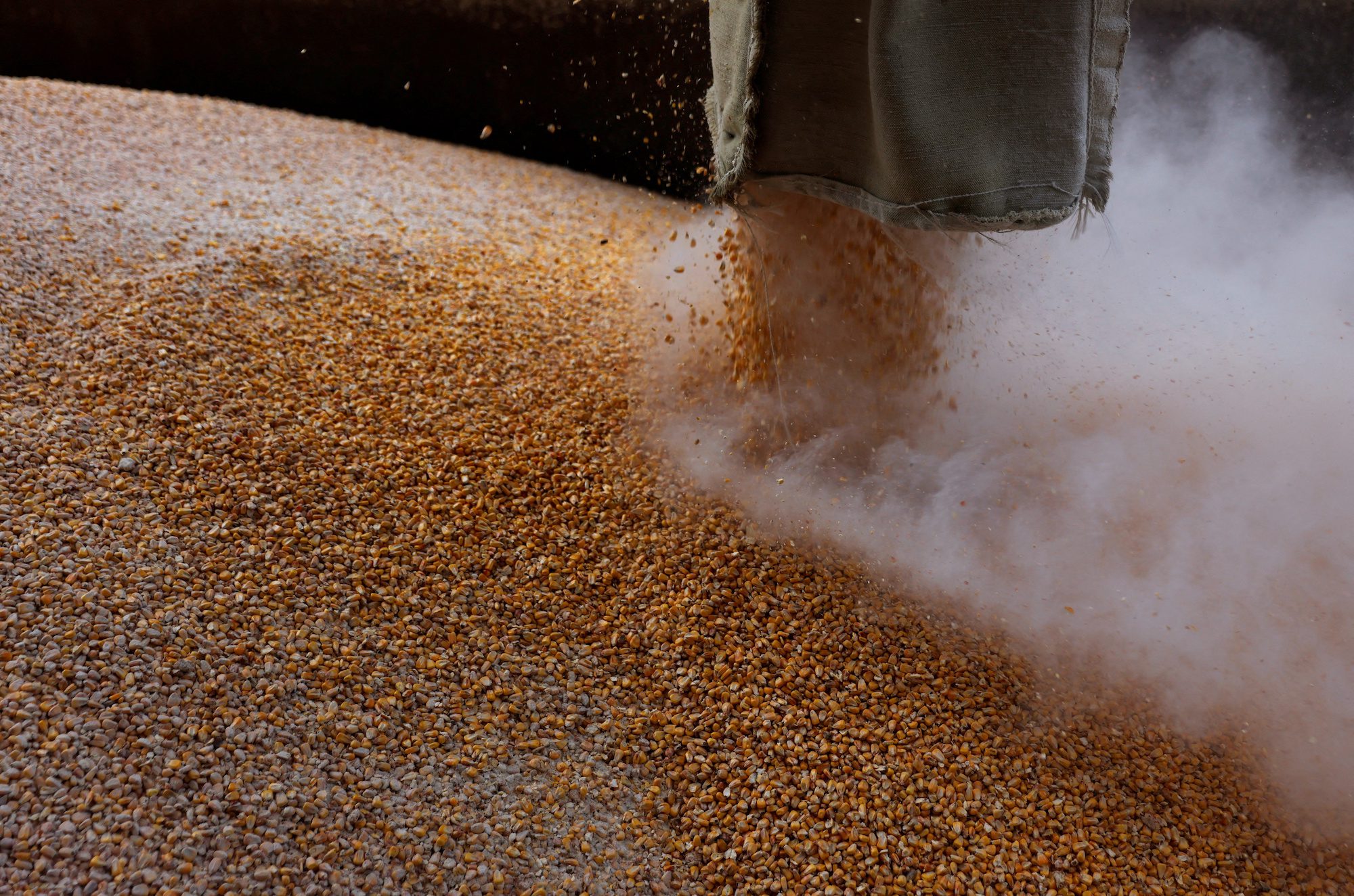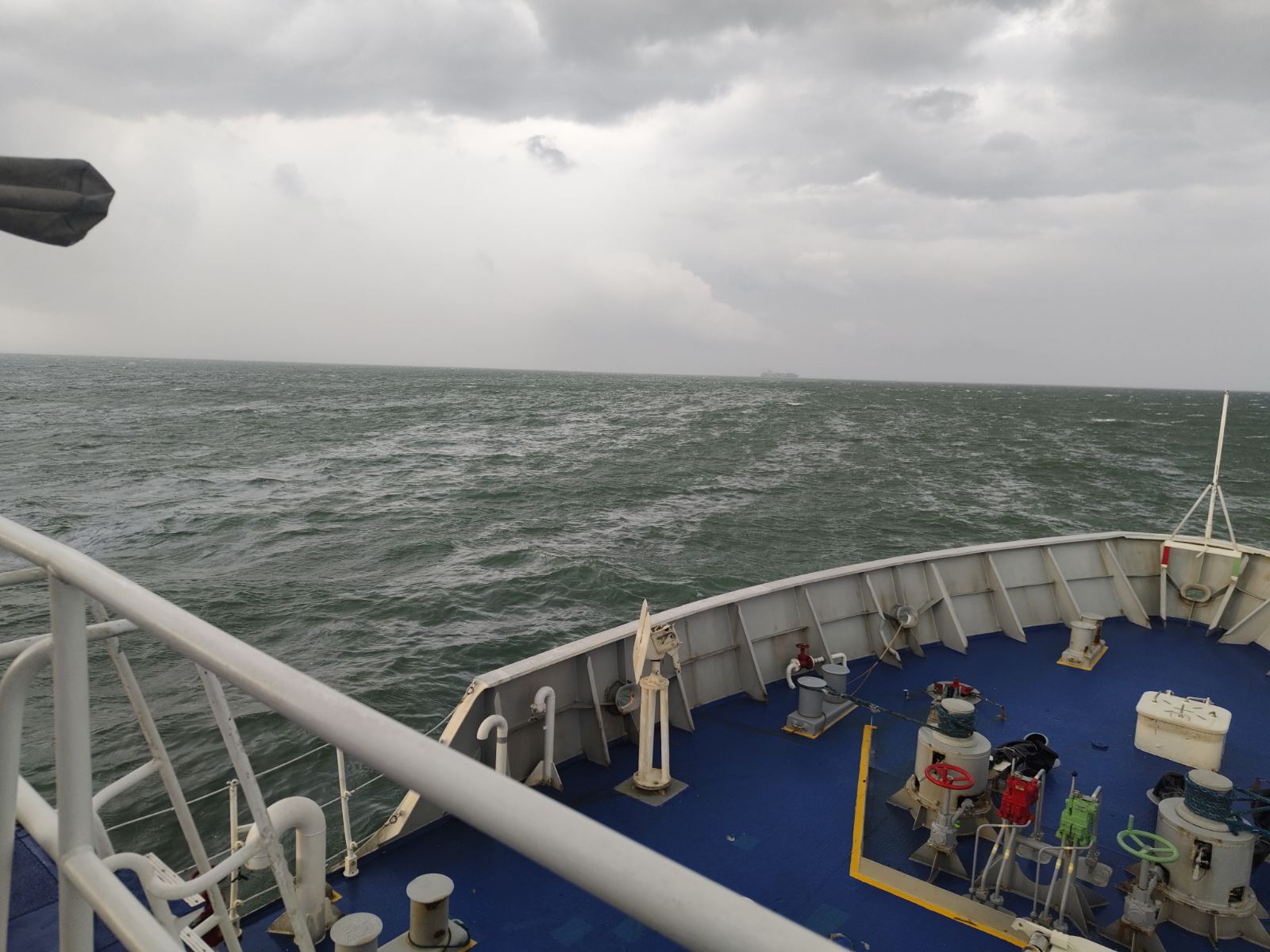By Sybille de La Hamaide
GENEVA, May 16 (Reuters) – The end of the Black Sea grain deal would not pose an immediate threat to the world market as Ukraine would still be able to export supplies, although at such a high cost that production in the war-torn country would likely fall even further.
Turkey, Ukraine, Russia and the United Nations have been holding talks on ways to extend the deal brokered in July allowing the safe export of Ukrainian grain via the Black Sea, which is expiring on May 18.
Of about 20 senior Ukrainian and international traders and analysts polled by Reuters at the GrainCom conference in Geneva, a vast majority said they expected a renewal of the deal, though possibly with some delay.
Nearly all the delegates polled said a much lower harvest expected this year had alleviated the pressure to export through Black Sea ports, and that alternative routes including rail, truck and exports via the Danube river would be able compensate.
Those routes are, however, generally much more expensive than shipping via the Black Sea.
Nikolay Gorbachov, head of the Ukrainian Grain Association, warned that without the corridor export logistic prices would surge and cut farmers’ margins so much that they would stop producing wheat and corn in big volumes.
Ukraine’s corn crop is forecast to total just 21 million tonnes this year, around half the 42.1 million it harvested two years before the conflict began, according to the International Grains Council.
Moscow has threatened to quit the deal over obstacles to its grain and fertilizer exports.
The Kremlin said on Tuesday that questions remained about Russia’s part in the agreement, and that it would have to make a decision on whether to renew it.
Dan Basse, president of Chicago-based consultancy AgResource, said on the sidelines of the gathering that there wouldn’t be a big impact on global supplies this year if the agreement wasn’t renewed.
“With a lower crop this year, it can all go out west through Eastern Europe. The problem is that it will cost 15% to 20% more,” he said.
Under the pact to create a safe shipping channel, Ukraine has been able to export some 30.25 million tonnes of agricultural products, of which 50% was corn and 28% wheat. Other commodities shipped include rapeseed, sunflower oil, sunflower meal and barley.
“Do we need the corridor? I would say yes,” Stefan Florescu, global head of wheat trading at CHS, the largest U.S agricultural cooperative, told the conference. “But if we aren’t going to have it, are we going to find a solution to export everything via the EU export corridor? I would say yes as well.”
(Reporting by Sybille de La Hamaide; Additional reporting by Nigel Hunt; Editing by Jan Harvey and Leslie Adler)
(c) Copyright Thomson Reuters 2023.
Unlock Exclusive Insights Today!
Join the gCaptain Club for curated content, insider opinions, and vibrant community discussions.

 Join The Club
Join The Club














